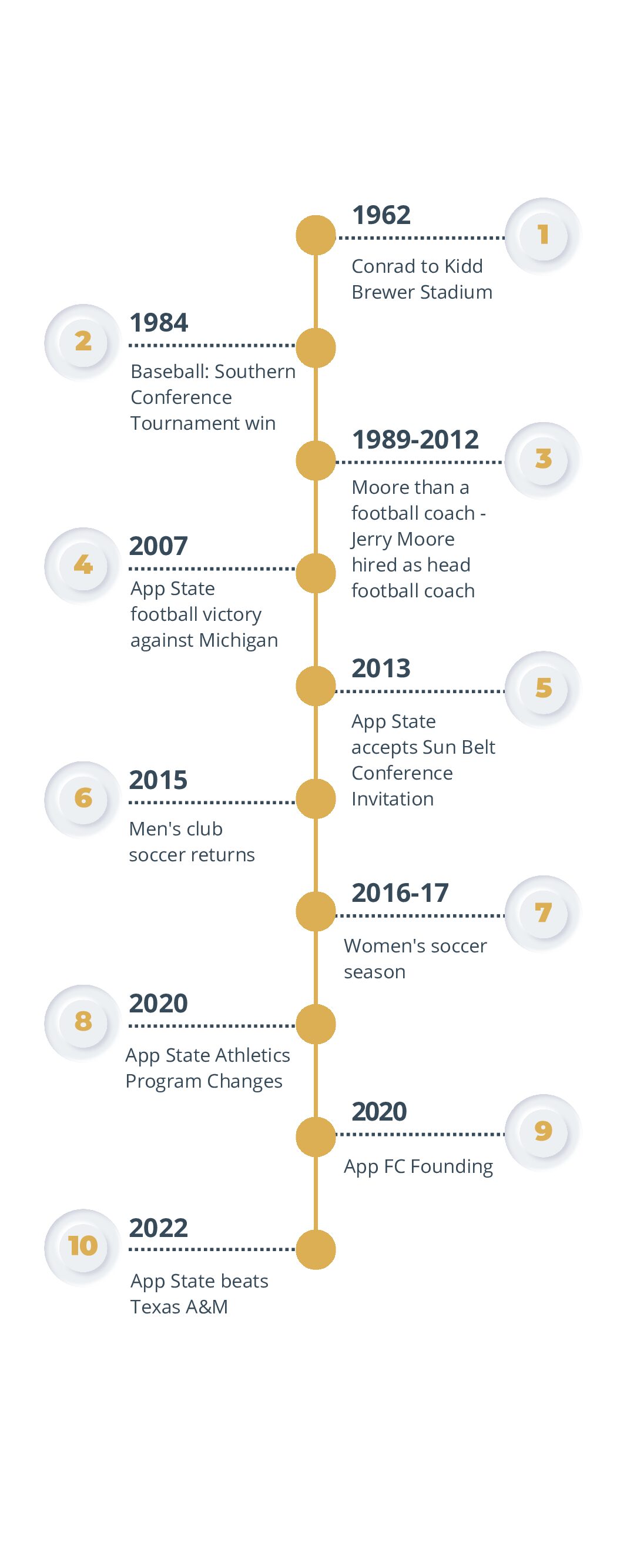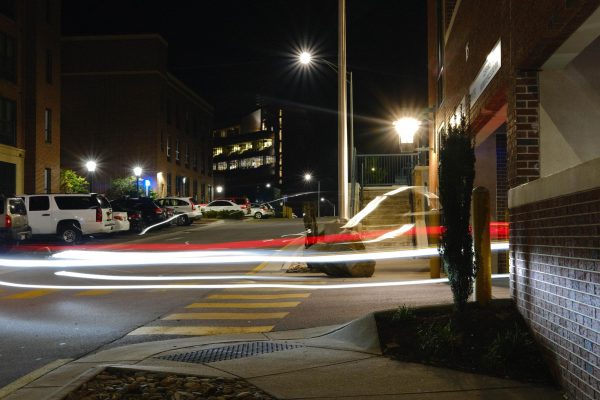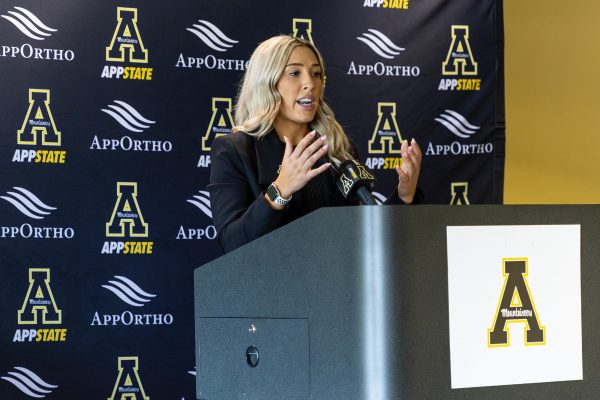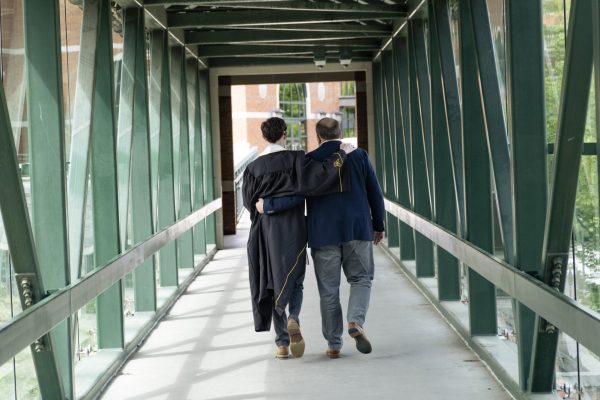We are all adults here, so let me ask you a question: who the f–k cares if the professor drops some four-letter bombs here and there?
I mean, s–t , it’s not something we haven’t heard before.
They are words many of us use in conversation on a regular basis – sometimes too often – and quite frankly, they are words that are not going to disappear from our vocabulary.
Profanity in the university and collegiate classroom environment can actually increase participation, open communication and reveal commonalities between the students and professor.
Cursing between colleagues can help increase solidarity and reduce stress, according to a study by Yehuda Beruch and Stuart Jenkins. Cursing was found to be more common and positive between colleagues with no or low power distance relationships.
There is – or at least should be – a low power distance in a student-professor relationship.
“I talk to my students the way I would normally speak in conversation, so they can see what they are getting and feel more comfortable with me,” said Elicka Peterson-Sparks, a professor in the Department of Government and Justice Studies. “If someone doesn’t use profanity in their everyday life, I wouldn’t suggest using it in class. It would be phony, and phony is never good.”
Before we get carried away and throw f-bombs around like confetti, let me add a few disclaimers.
First, profanity may be offensive and should be controlled for those who may be uncomfortable. Second, student-to-professor profanity is not as acceptable as professor-to-class cursing.
There is a time and a place for every behavior that has the potential to raise a few eyebrows. As for profanity in the classroom, it is all about context.
Cursing isn’t meant to be a teaching tool. In the broader picture it is simply about being who you naturally are while in front of the students. When a professor can act naturally, so can the students and subsequently the course will flow smoother.
“I teach criminology and criminal justice, so my students can expect to hear such language in the course of their careers on a fairly regular basis,” Peterson-Sparks said.
Throughout my three years at Appalachian State University, I have benefited greatly from the professors who make the class feel like a conversation. I feel comfortable going to them for help or with ideas, having random conversations or even keeping in touch after the semester.
College is all about building relationships. One of the most important relationships is between academics and student. The links between the two are professors and the communication we have with them. Essential to that communication is relaxed interaction – something profanity can facilitate.
For everyone – students and professors alike – it is important to incorporate your personality into the classroom environment.
And if you can’t be yourself, who the f–k can you be?
Dewey Mullis, a junior criminal justice major from Wallburg, is an opinion writer.












